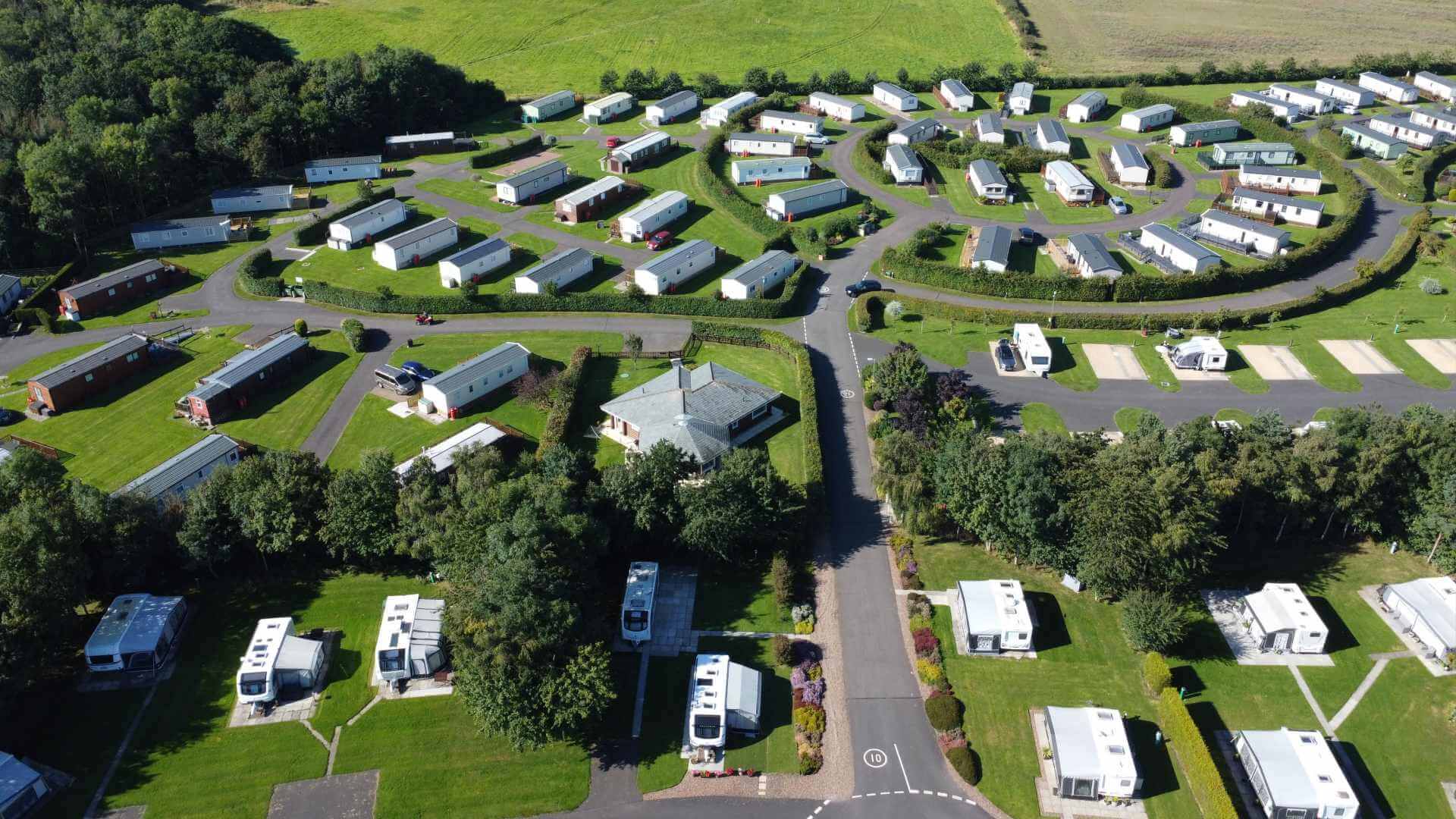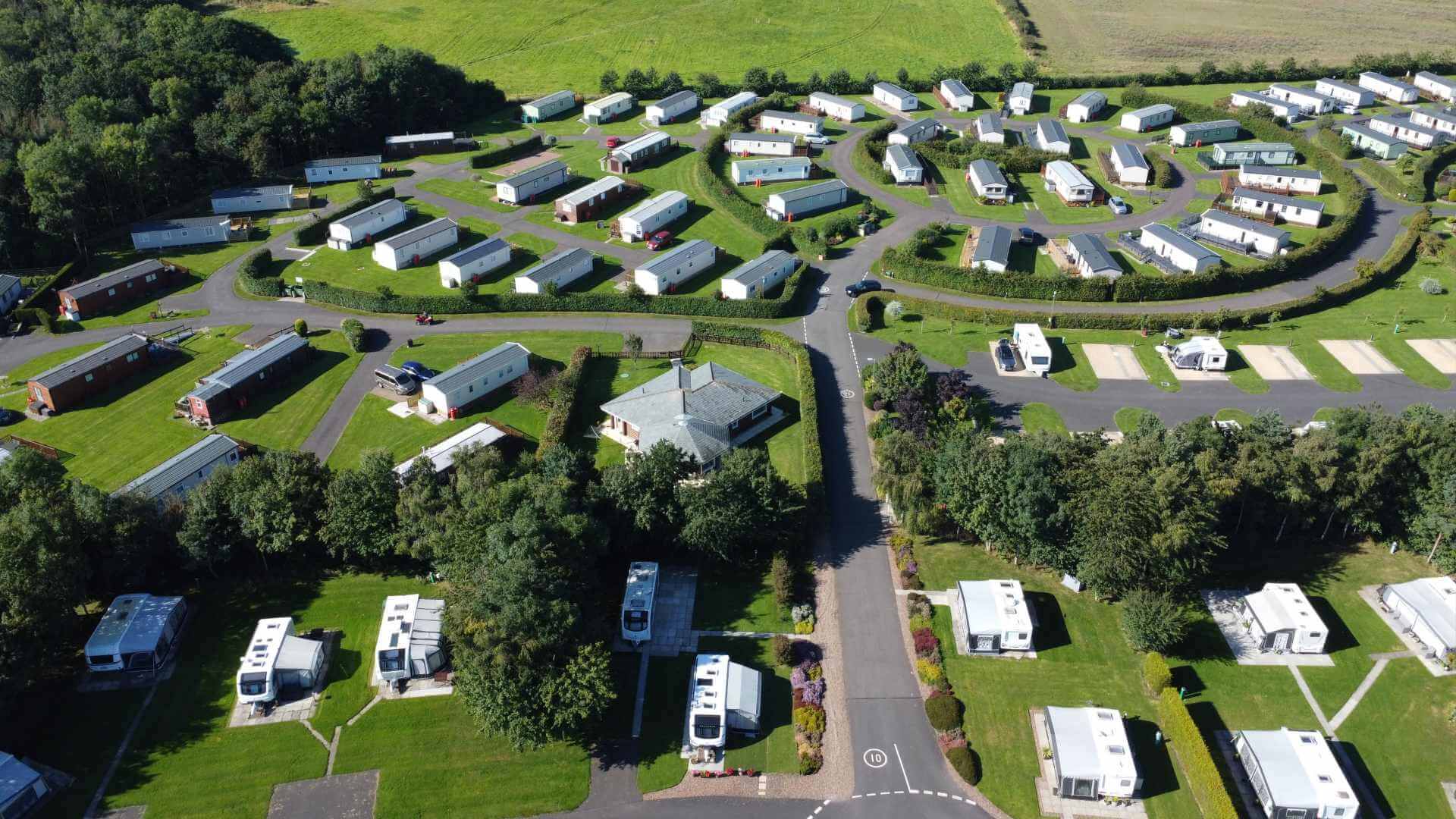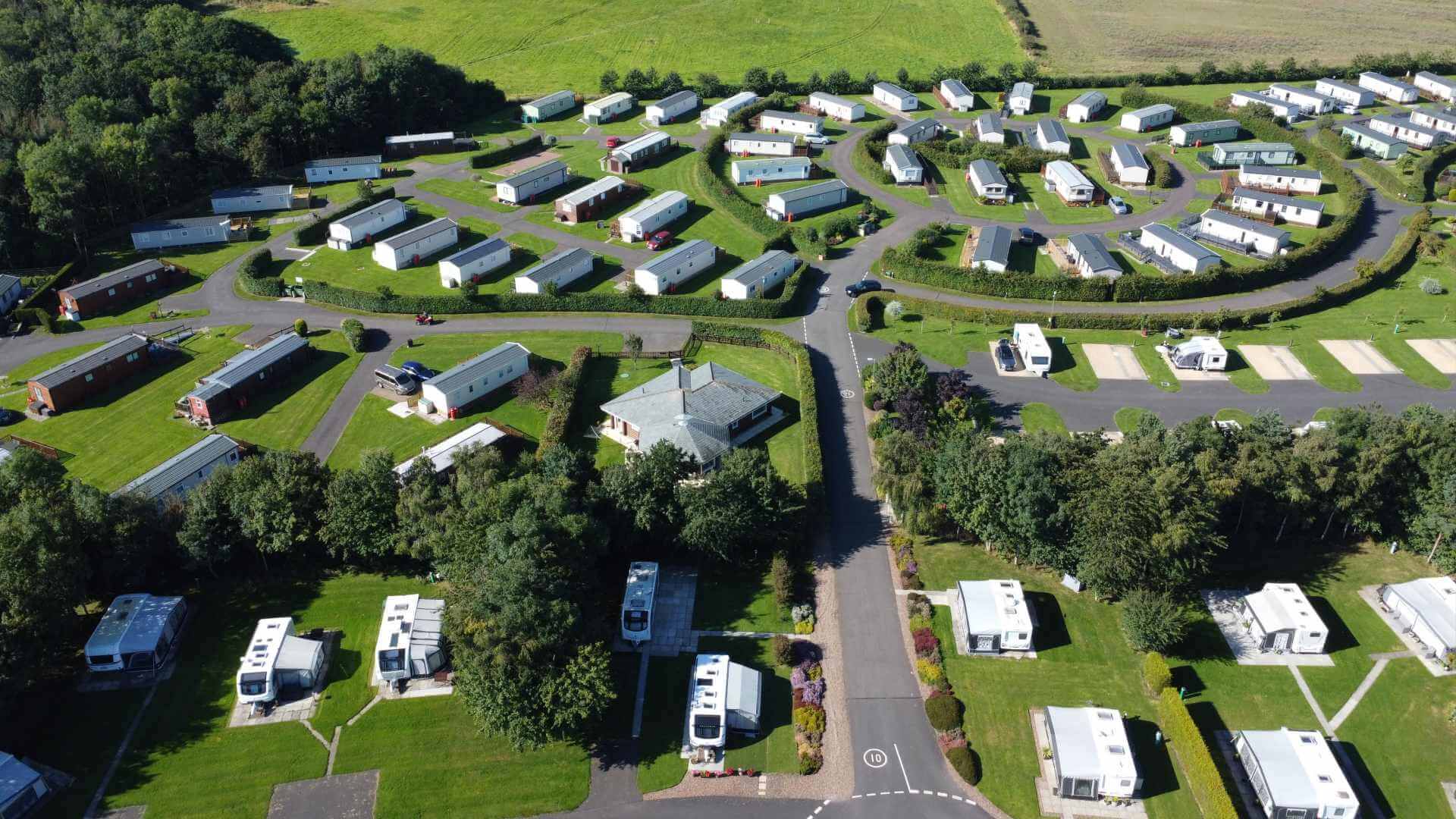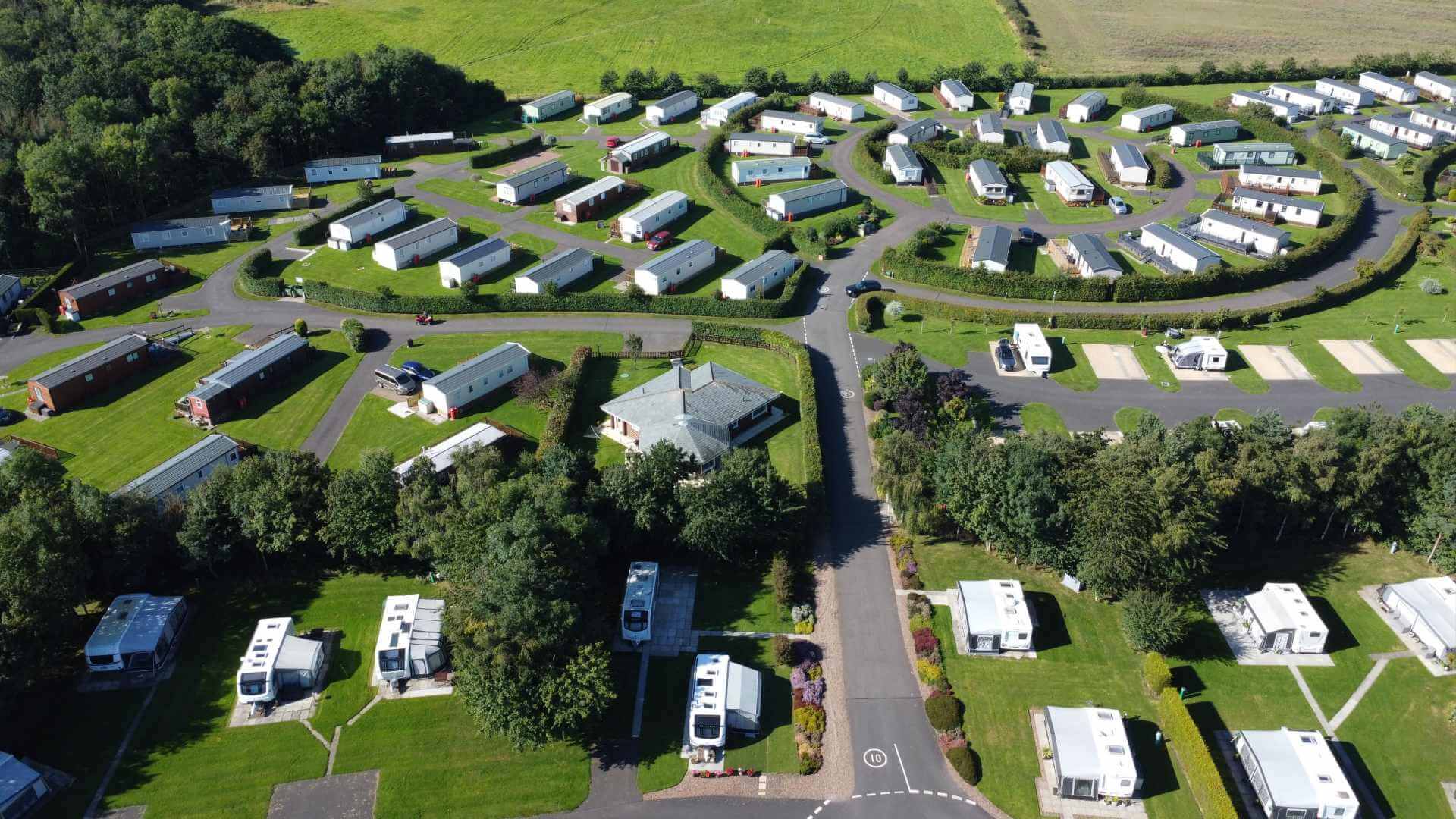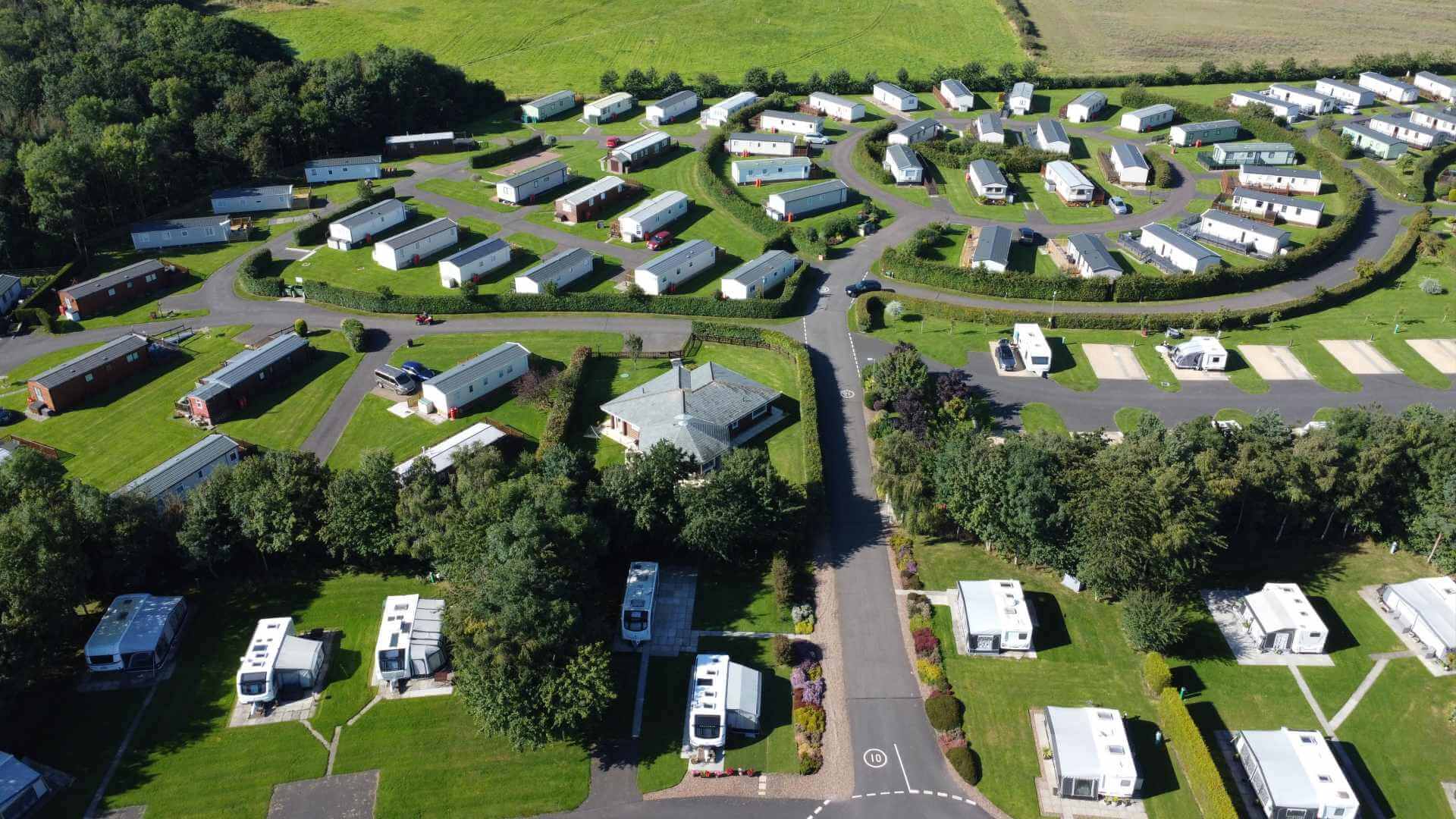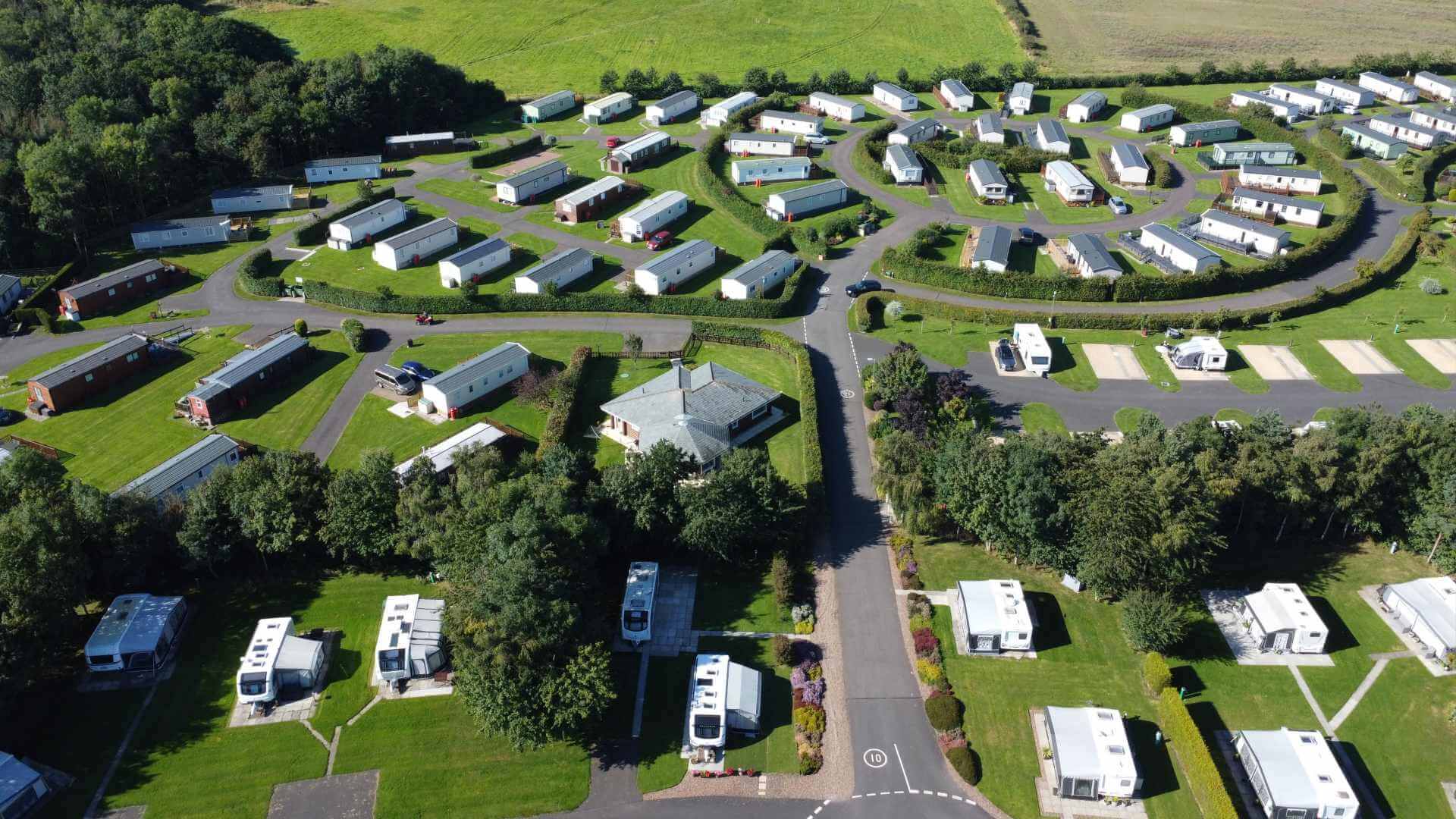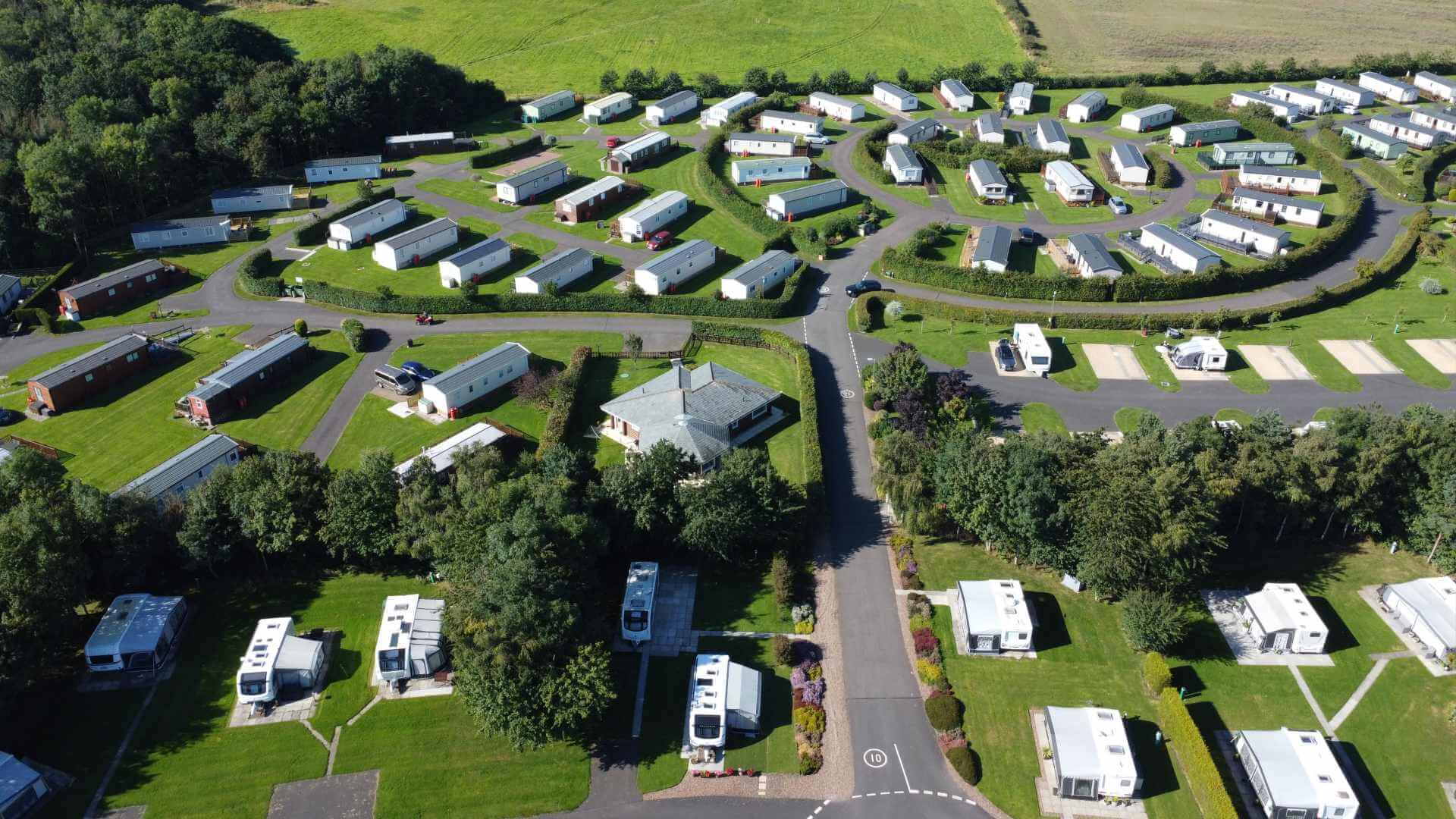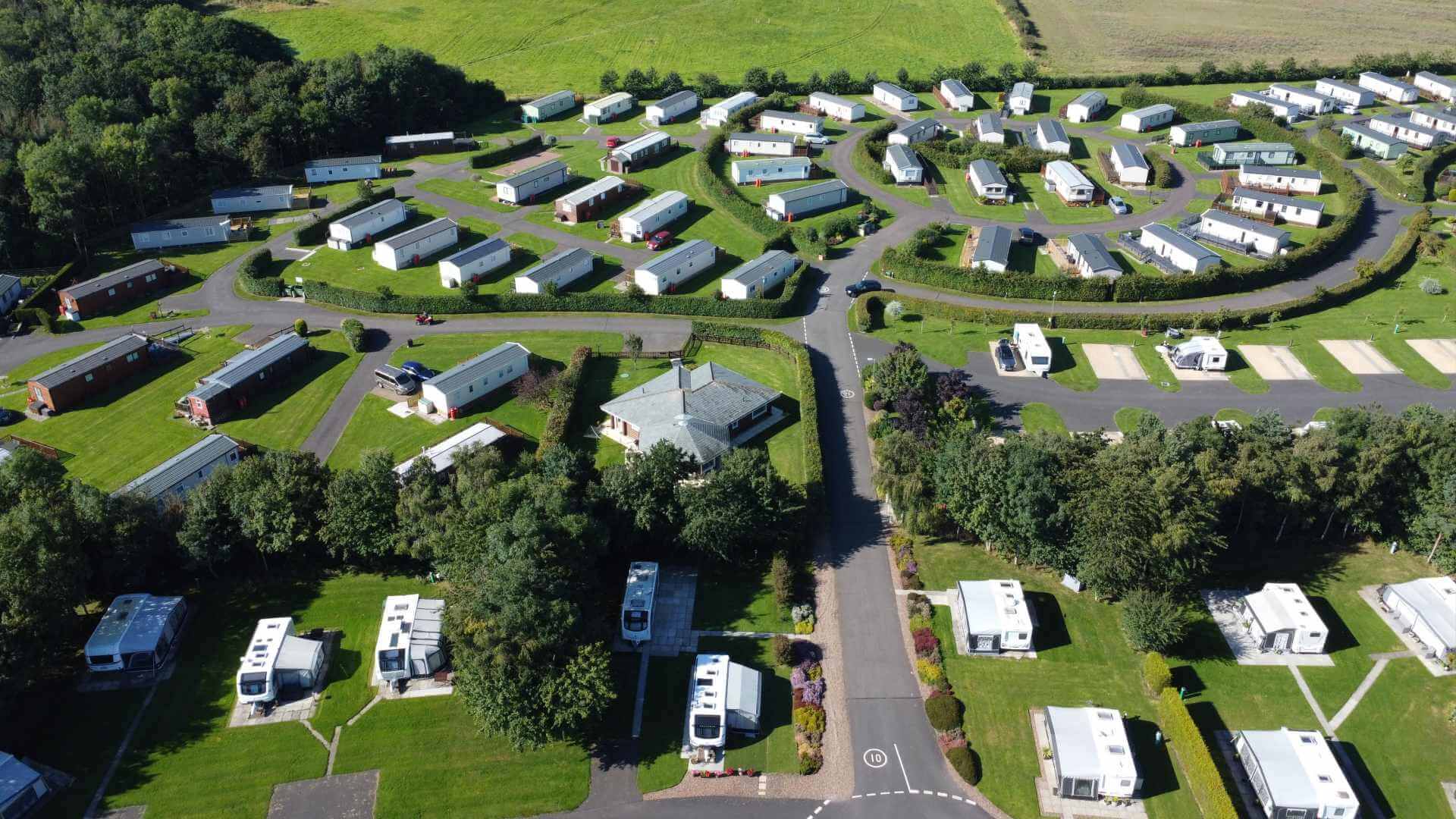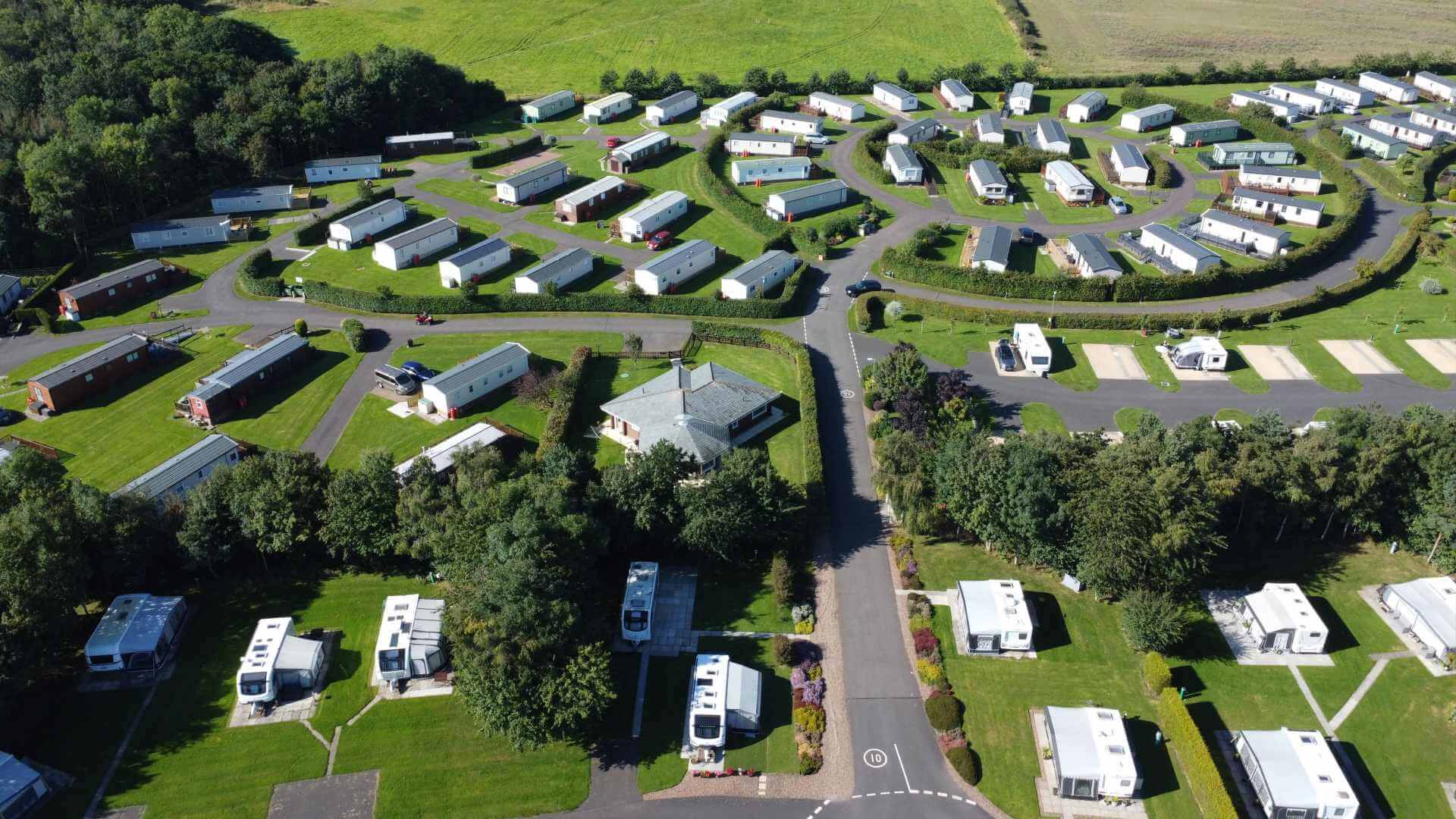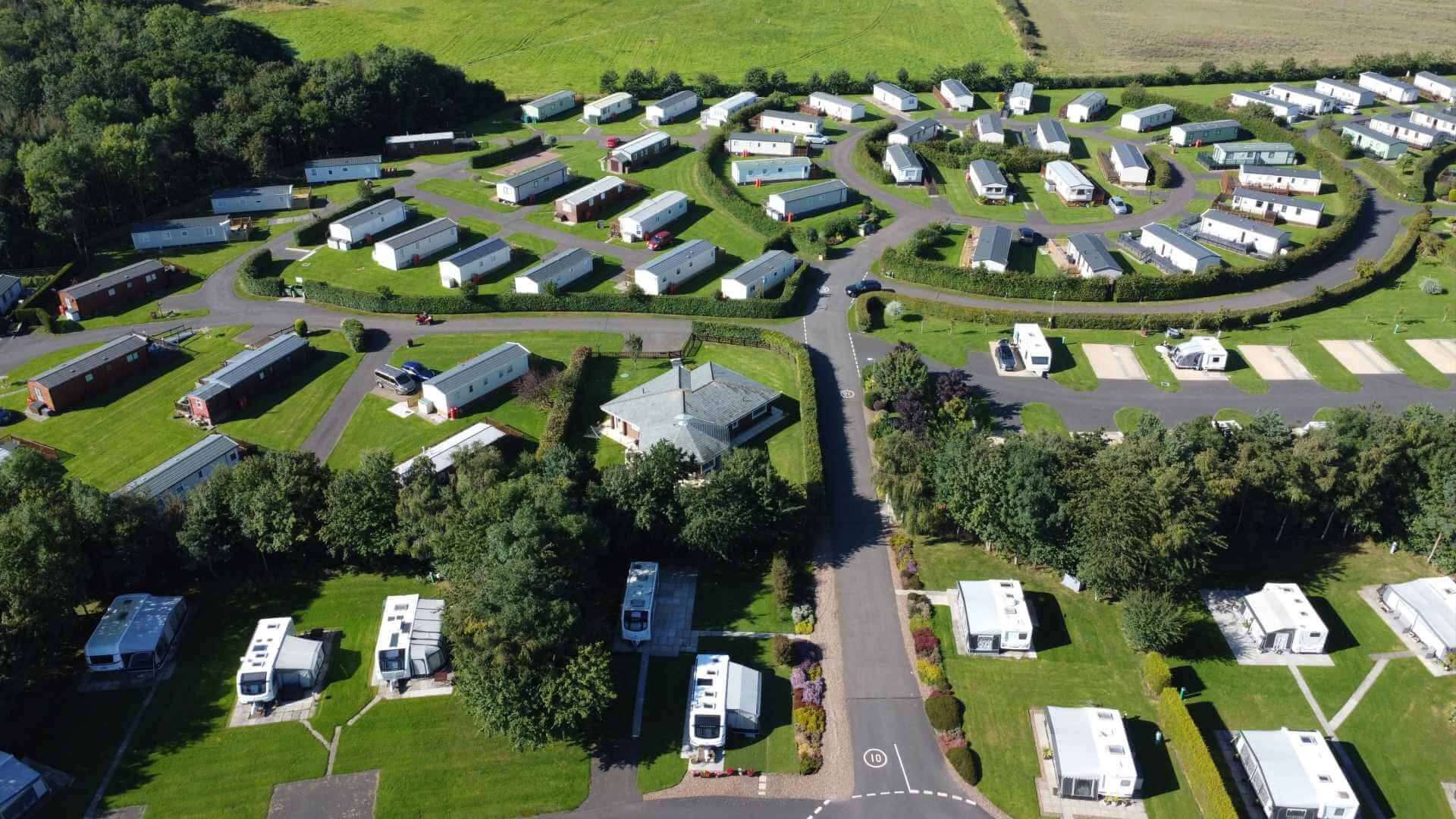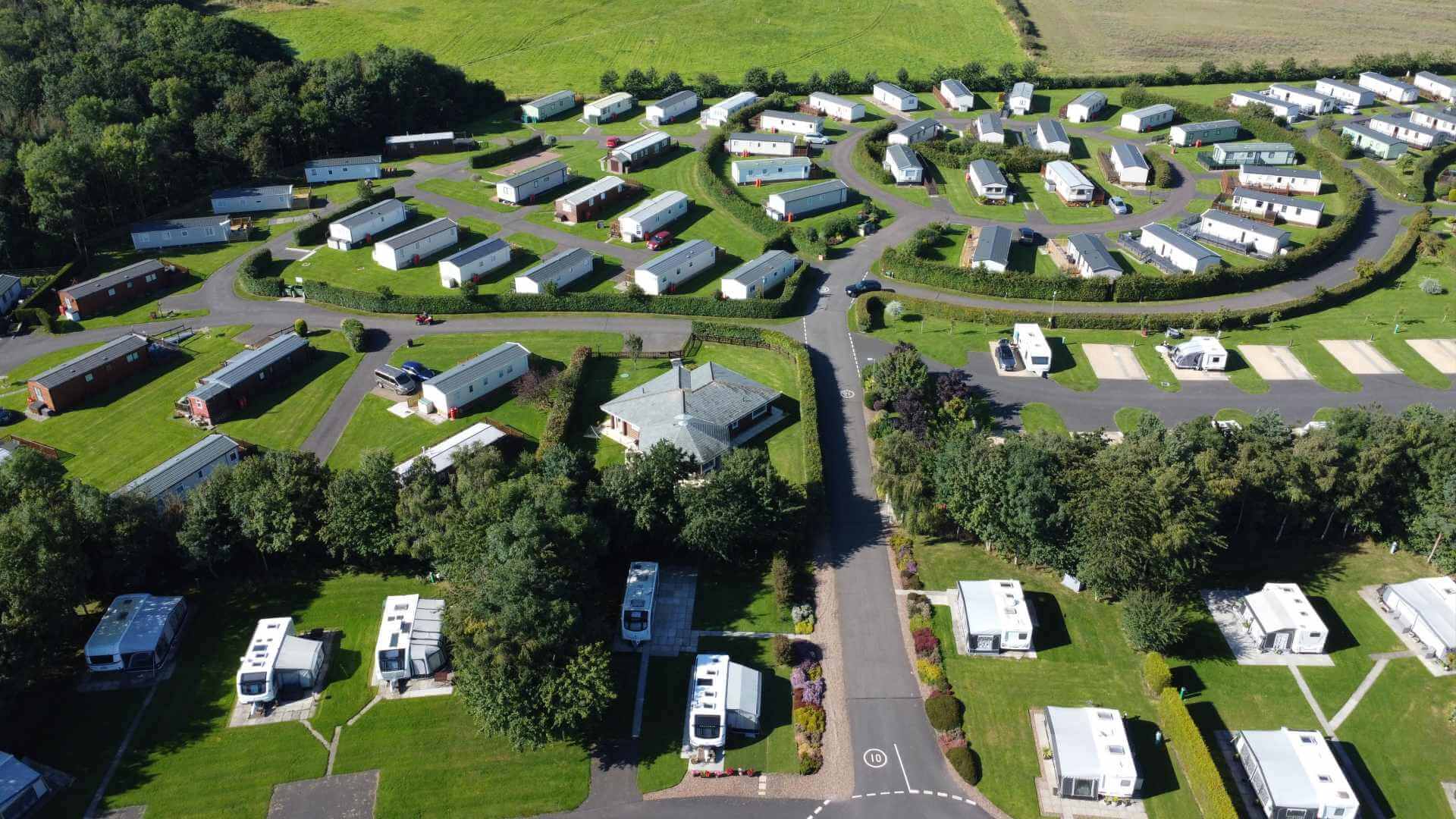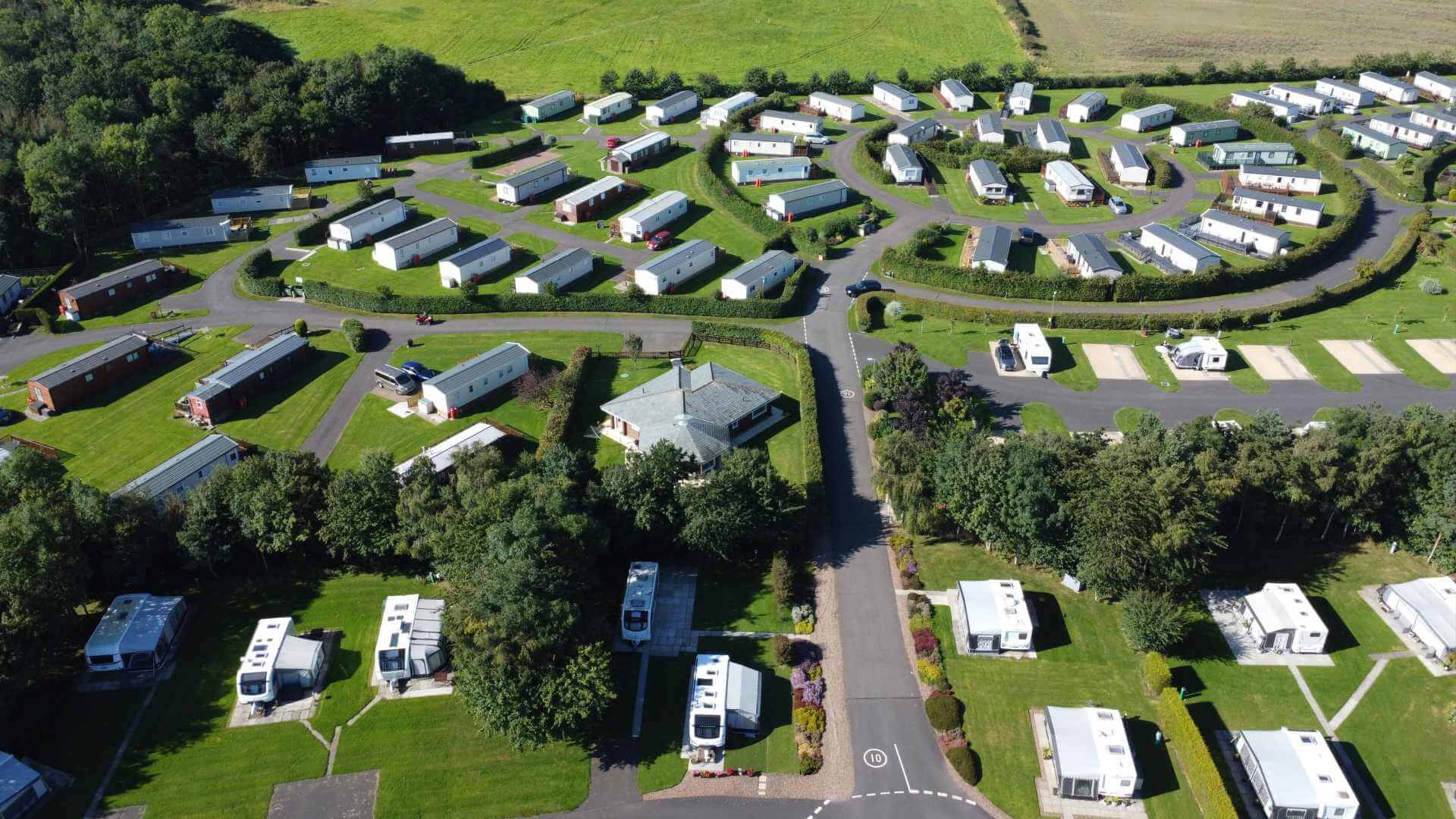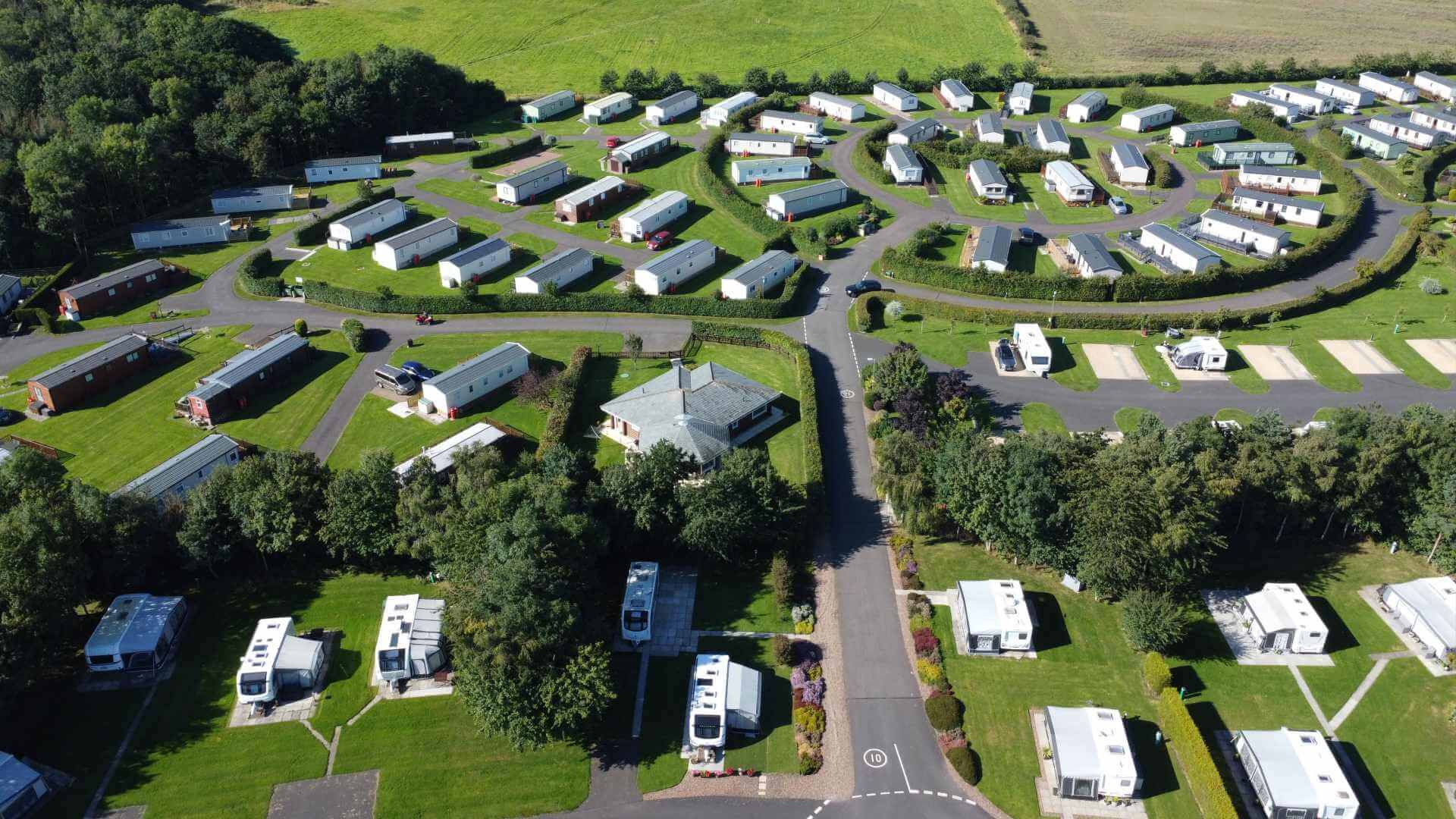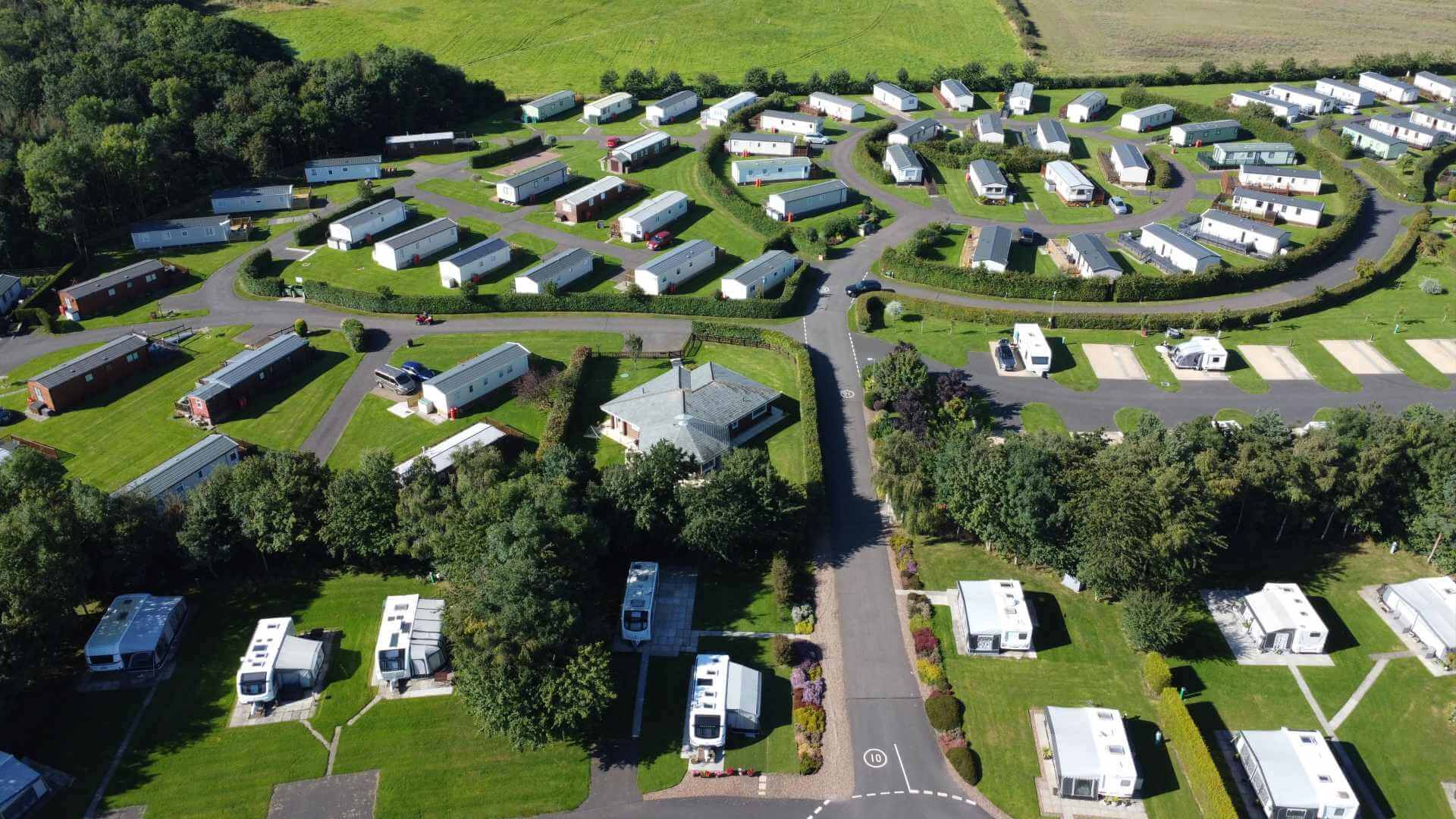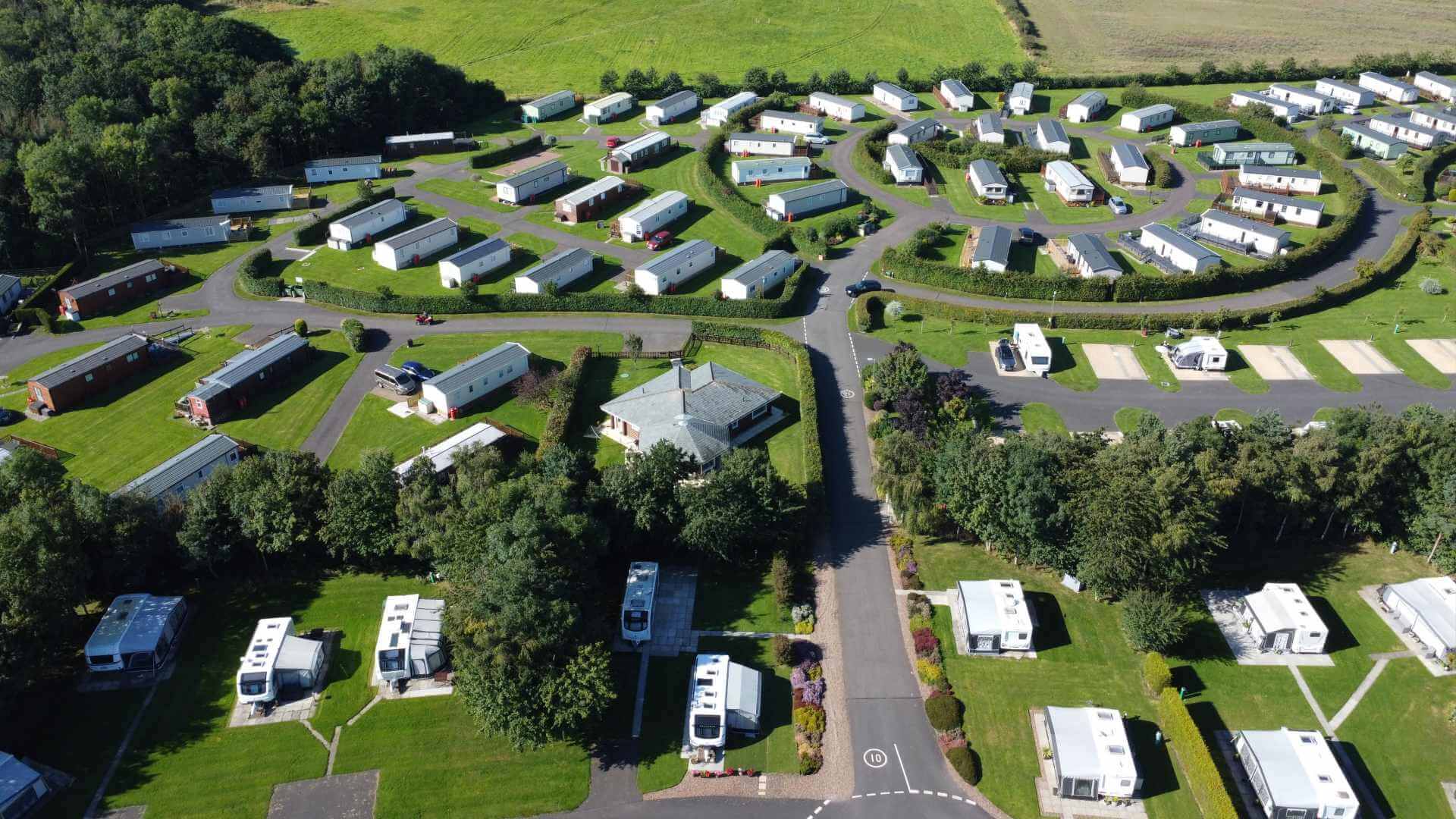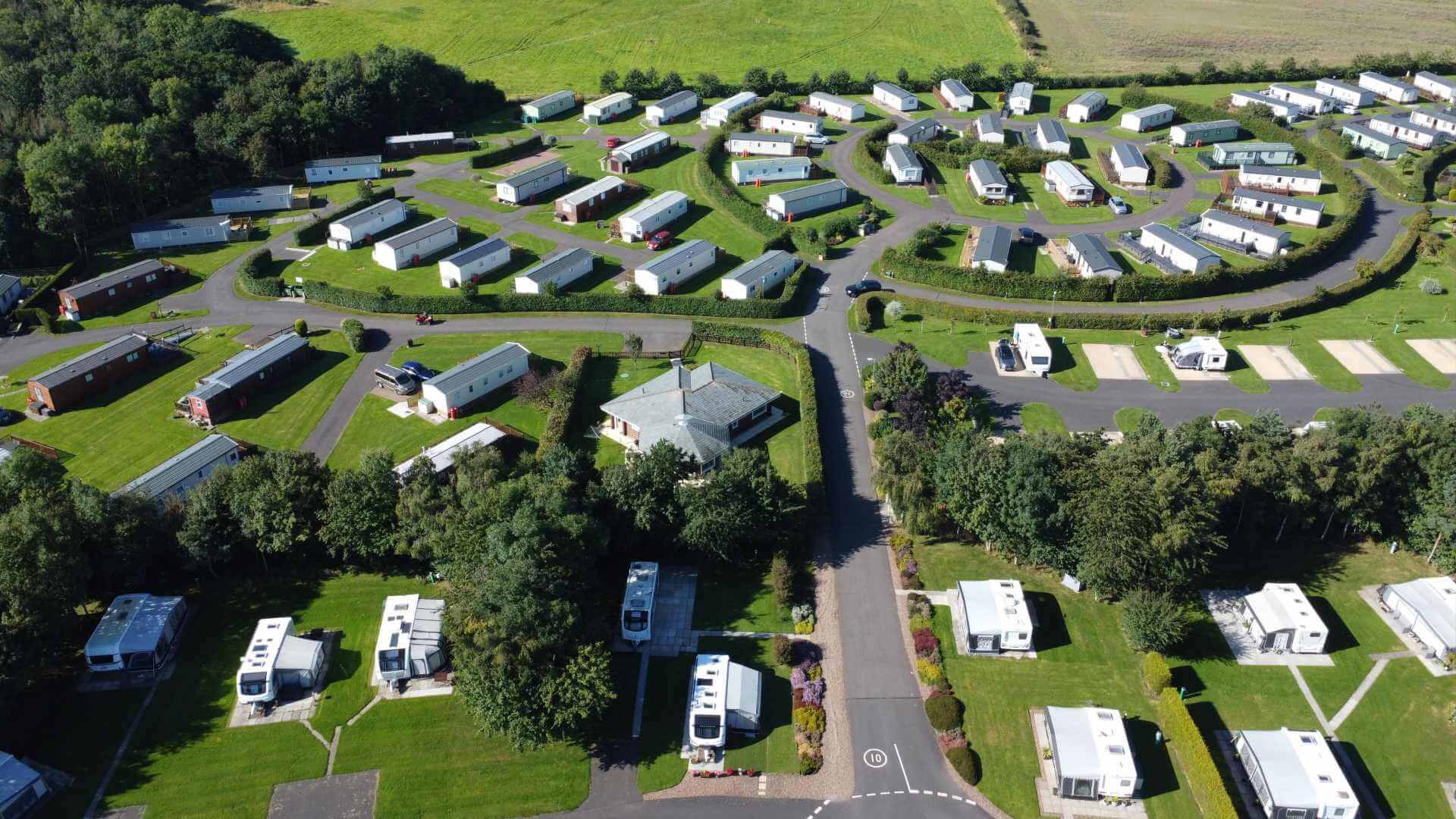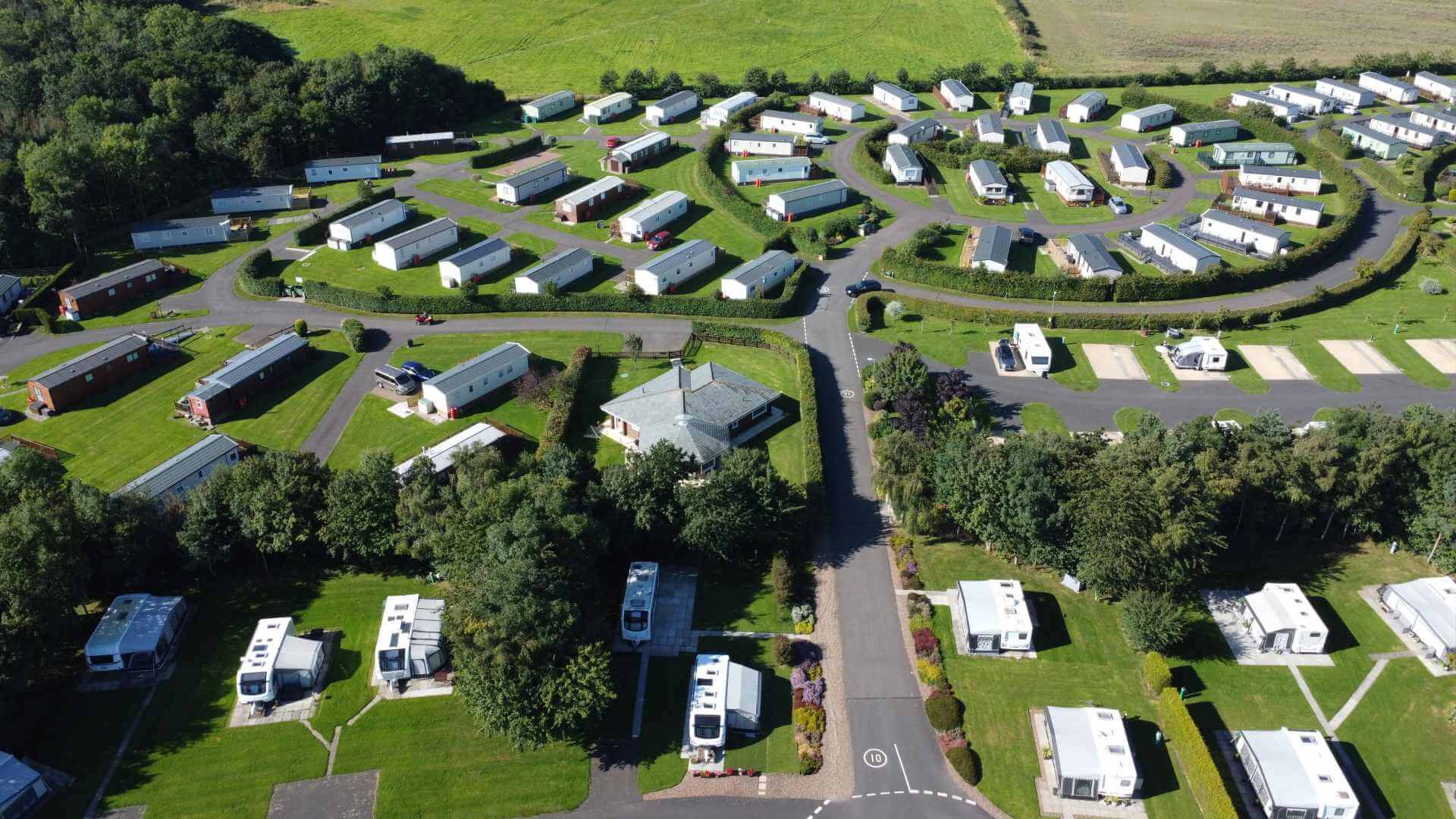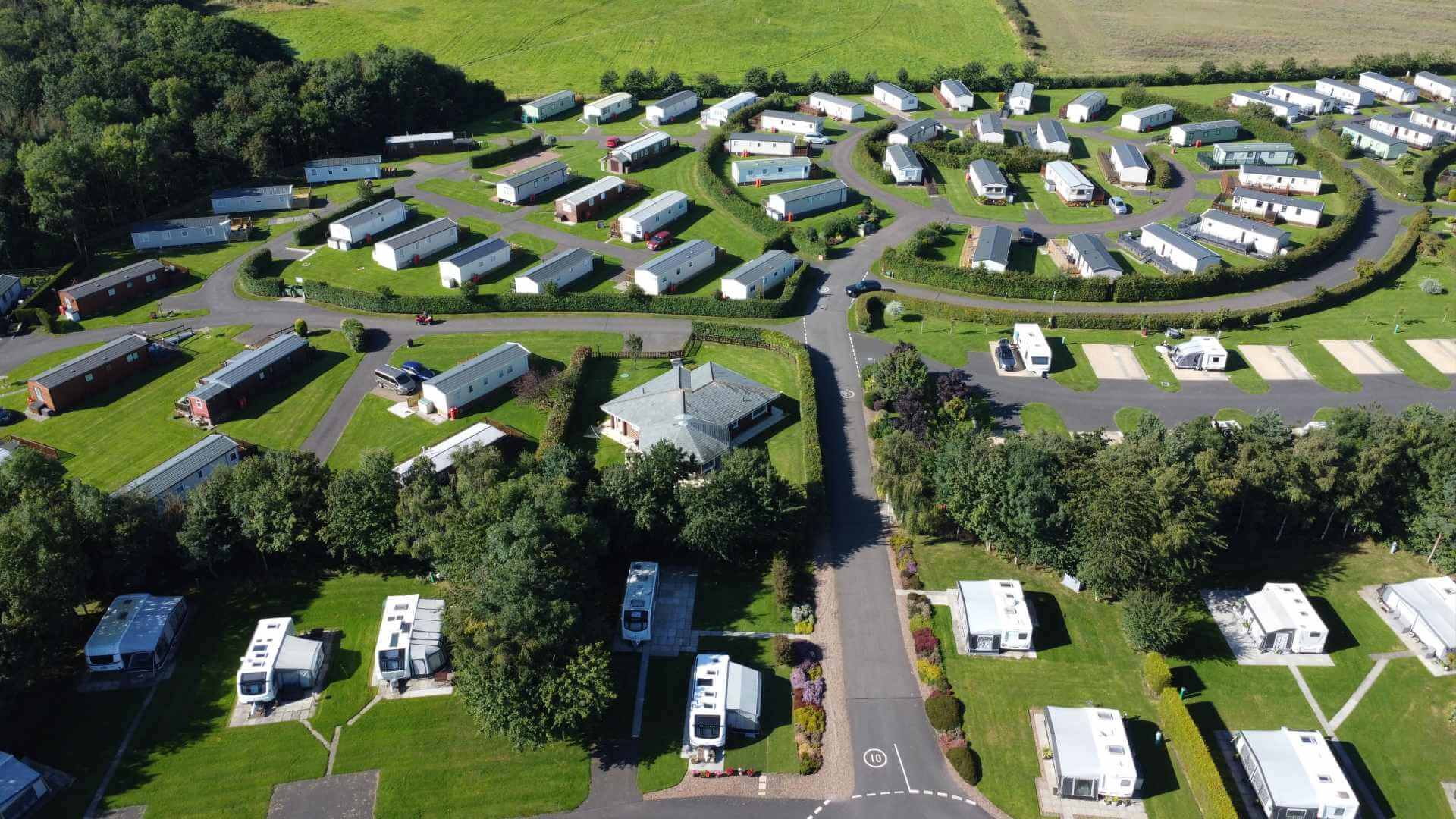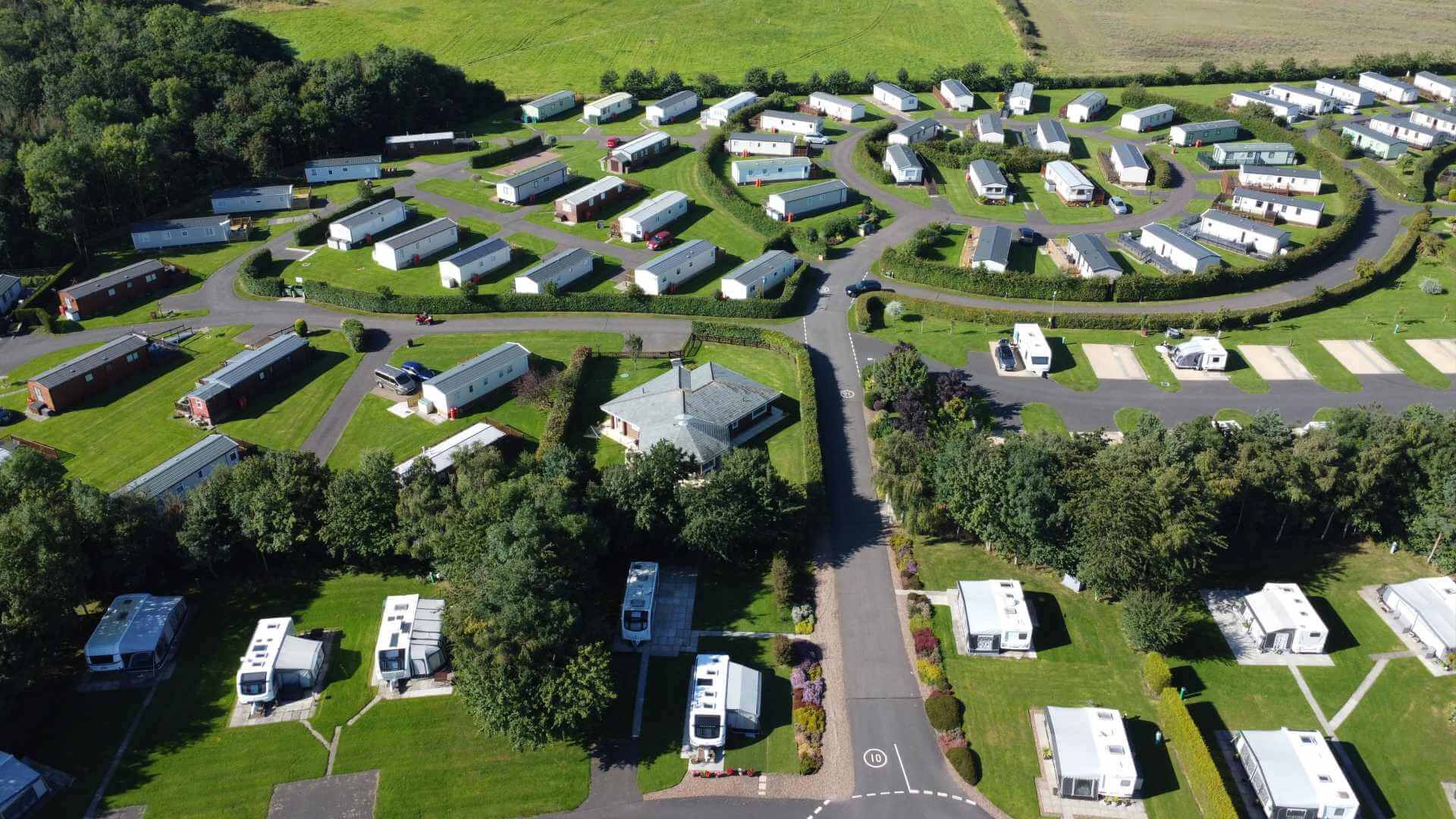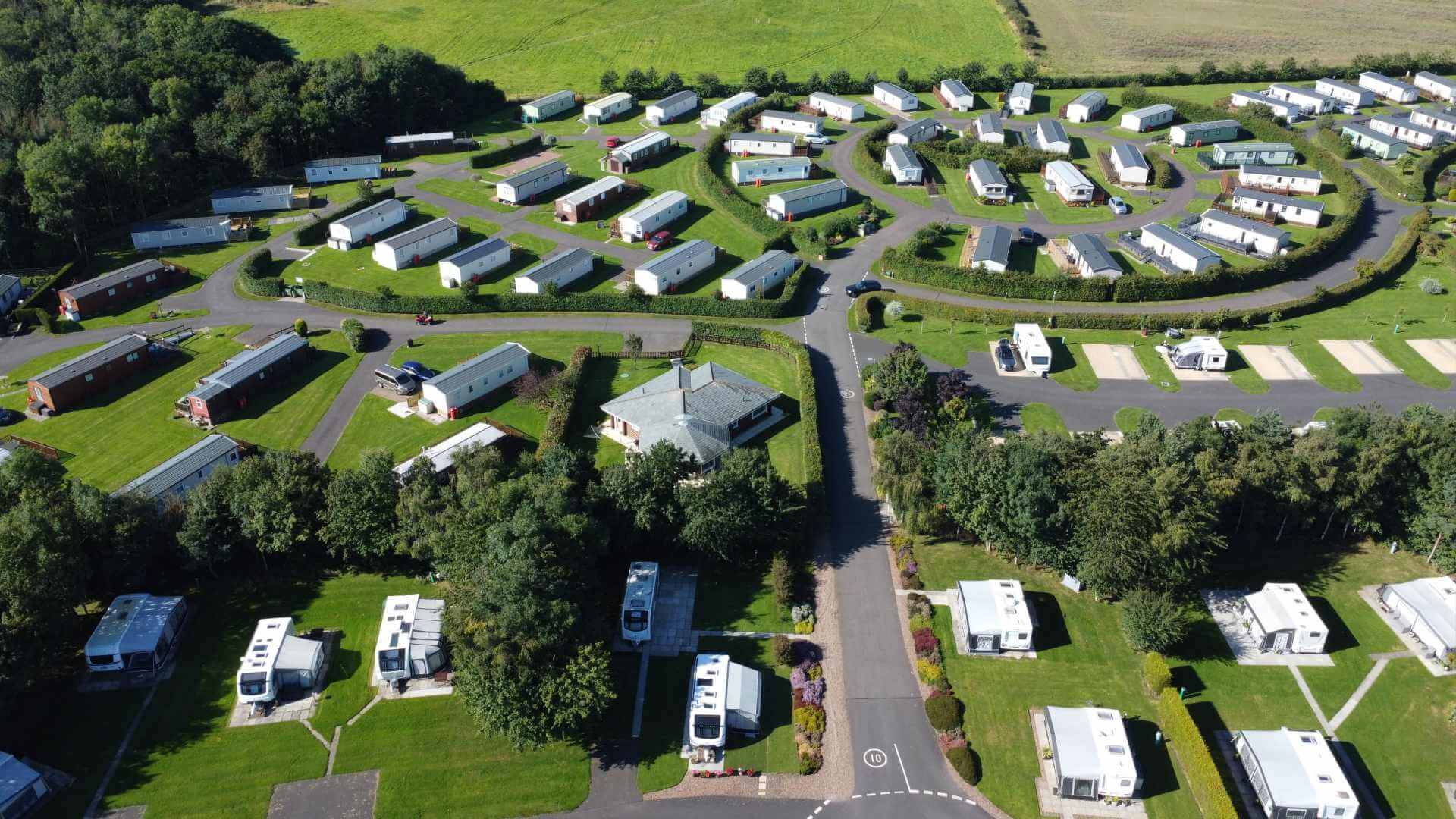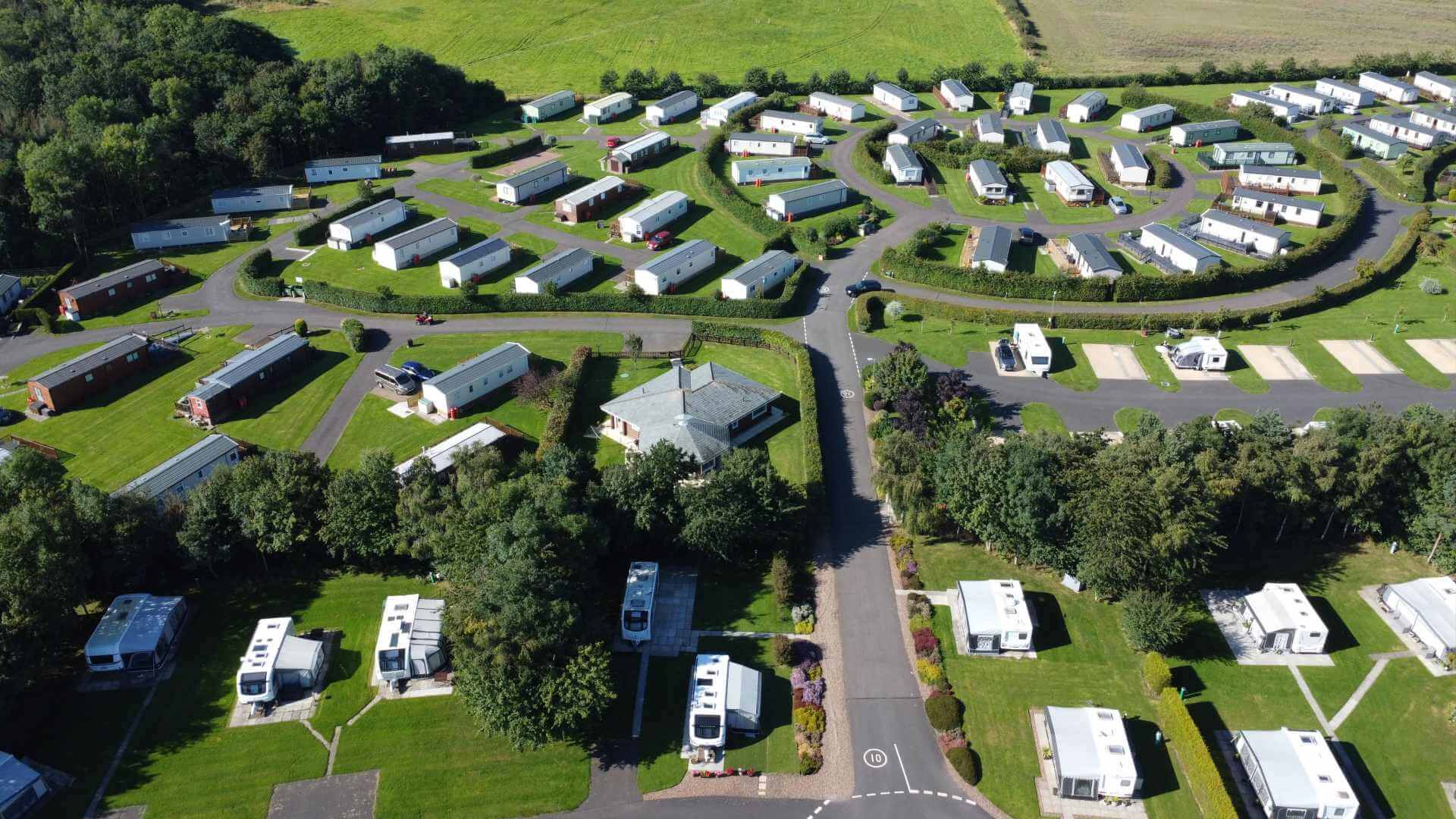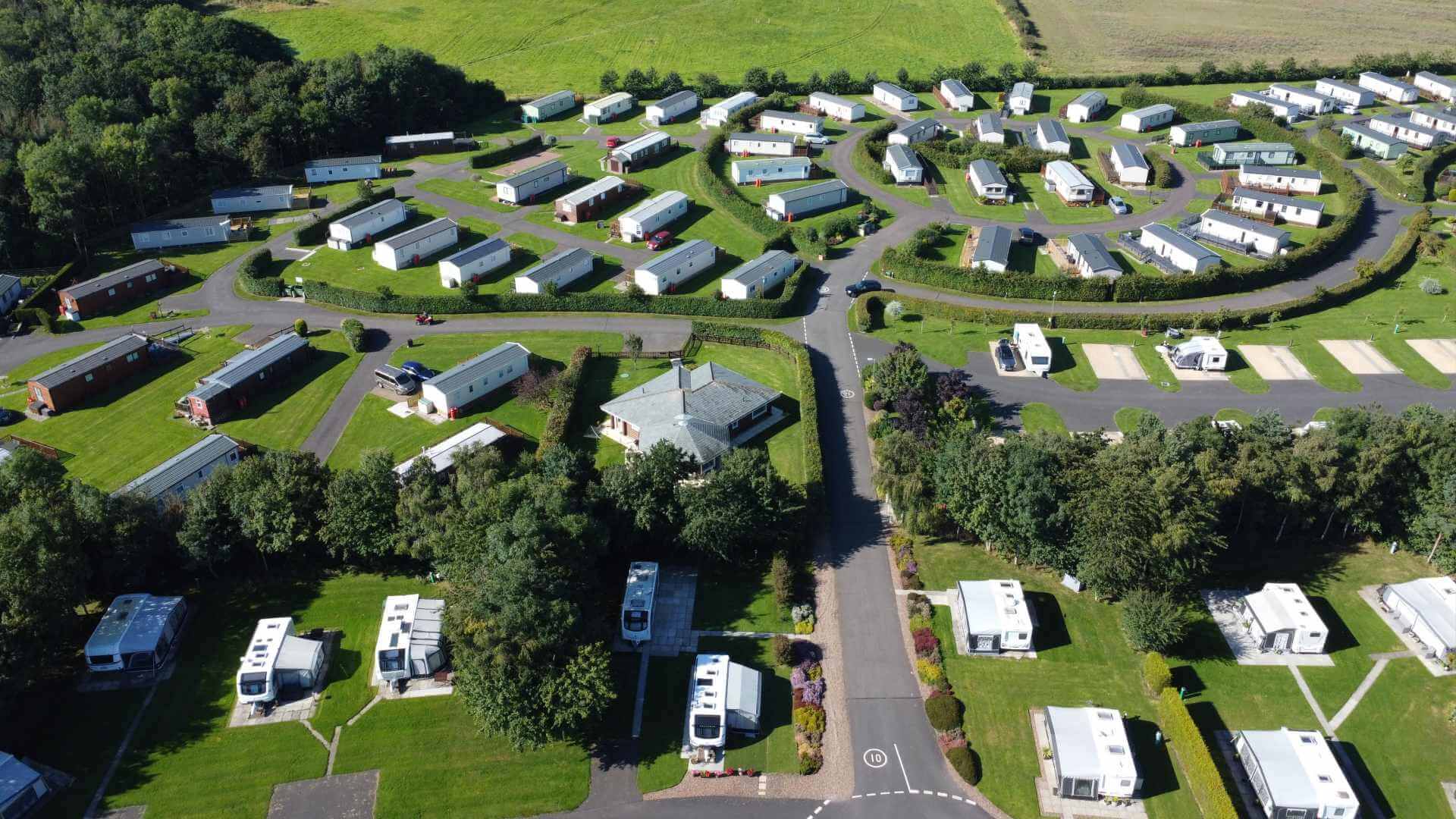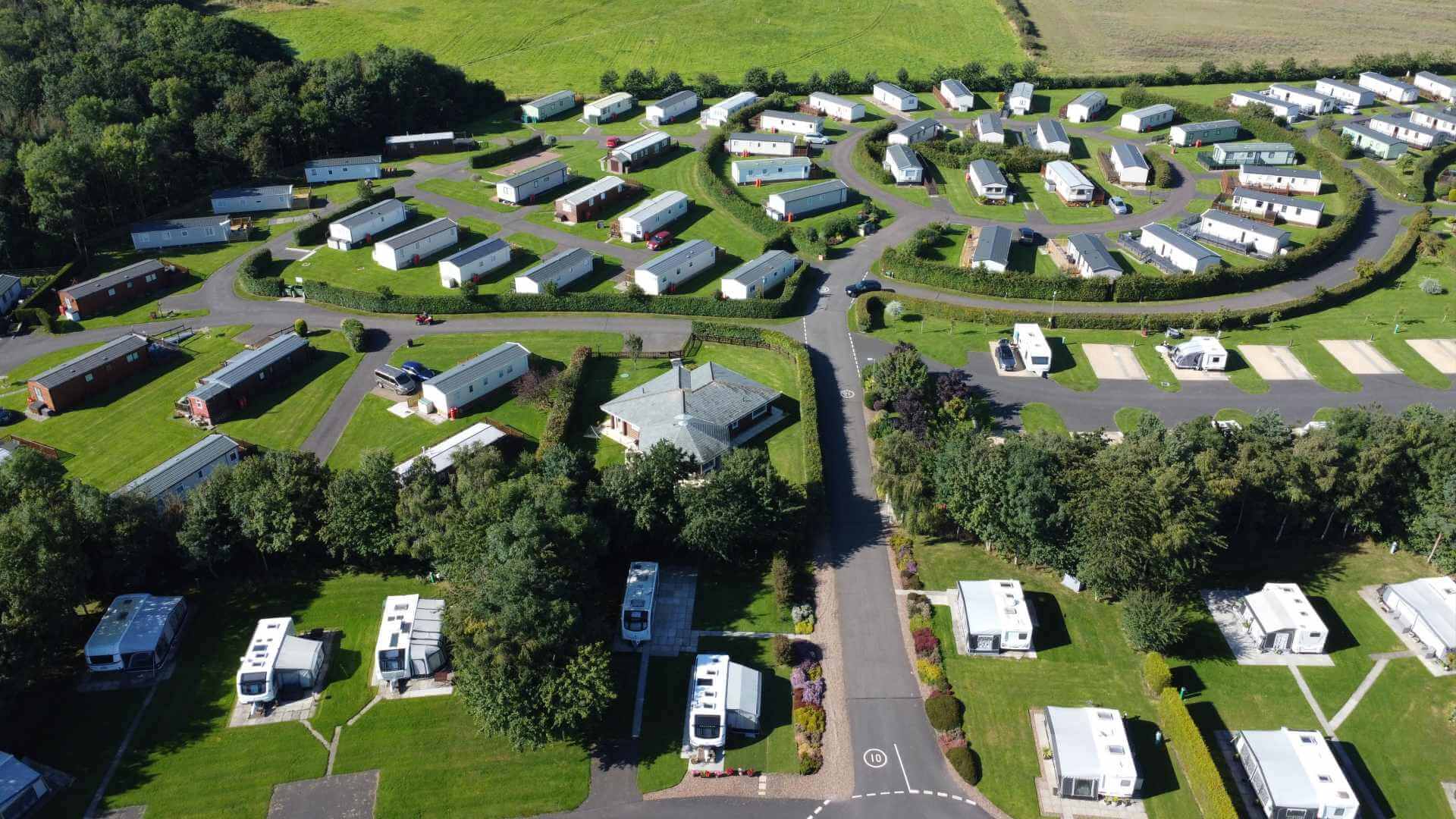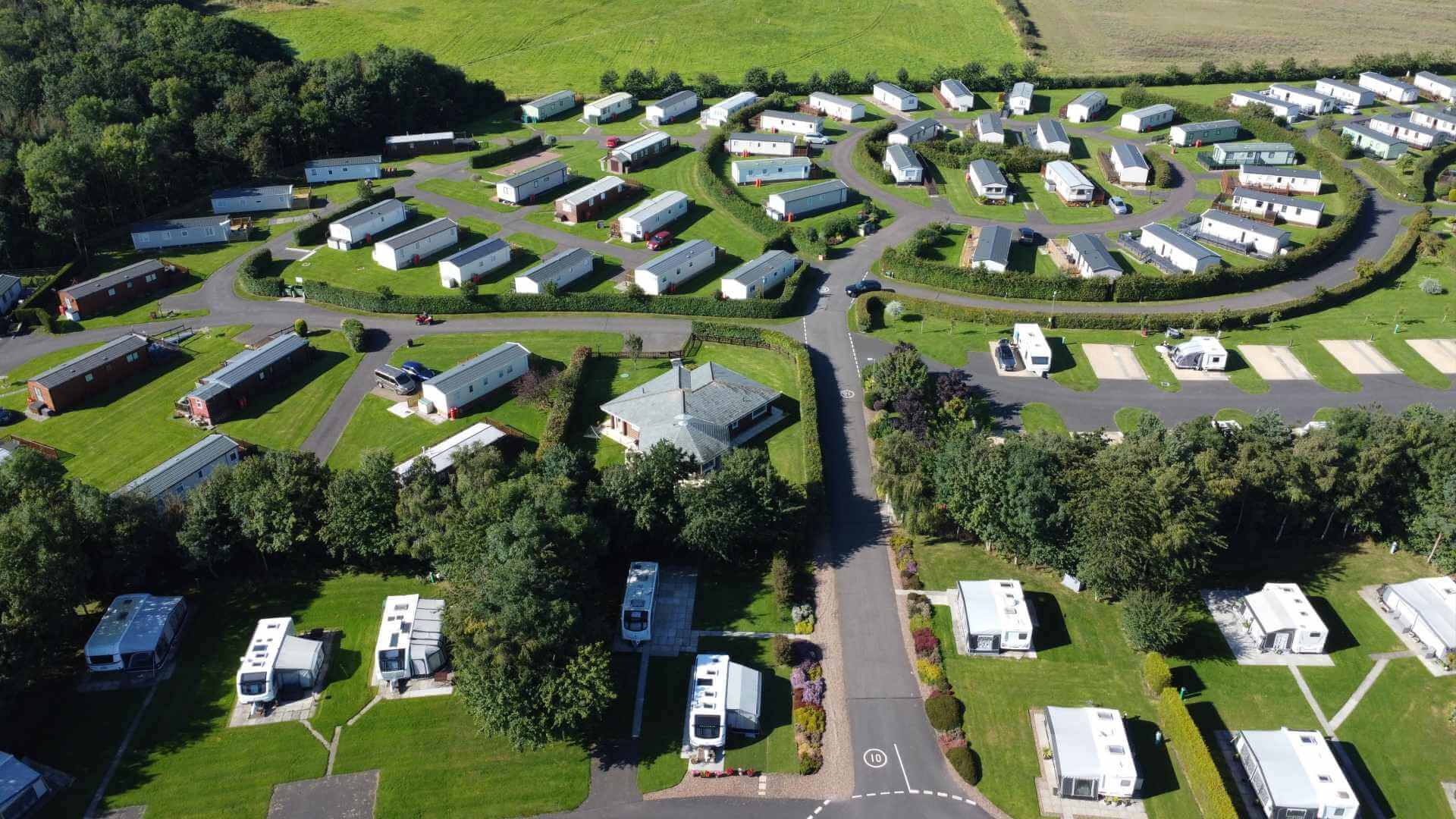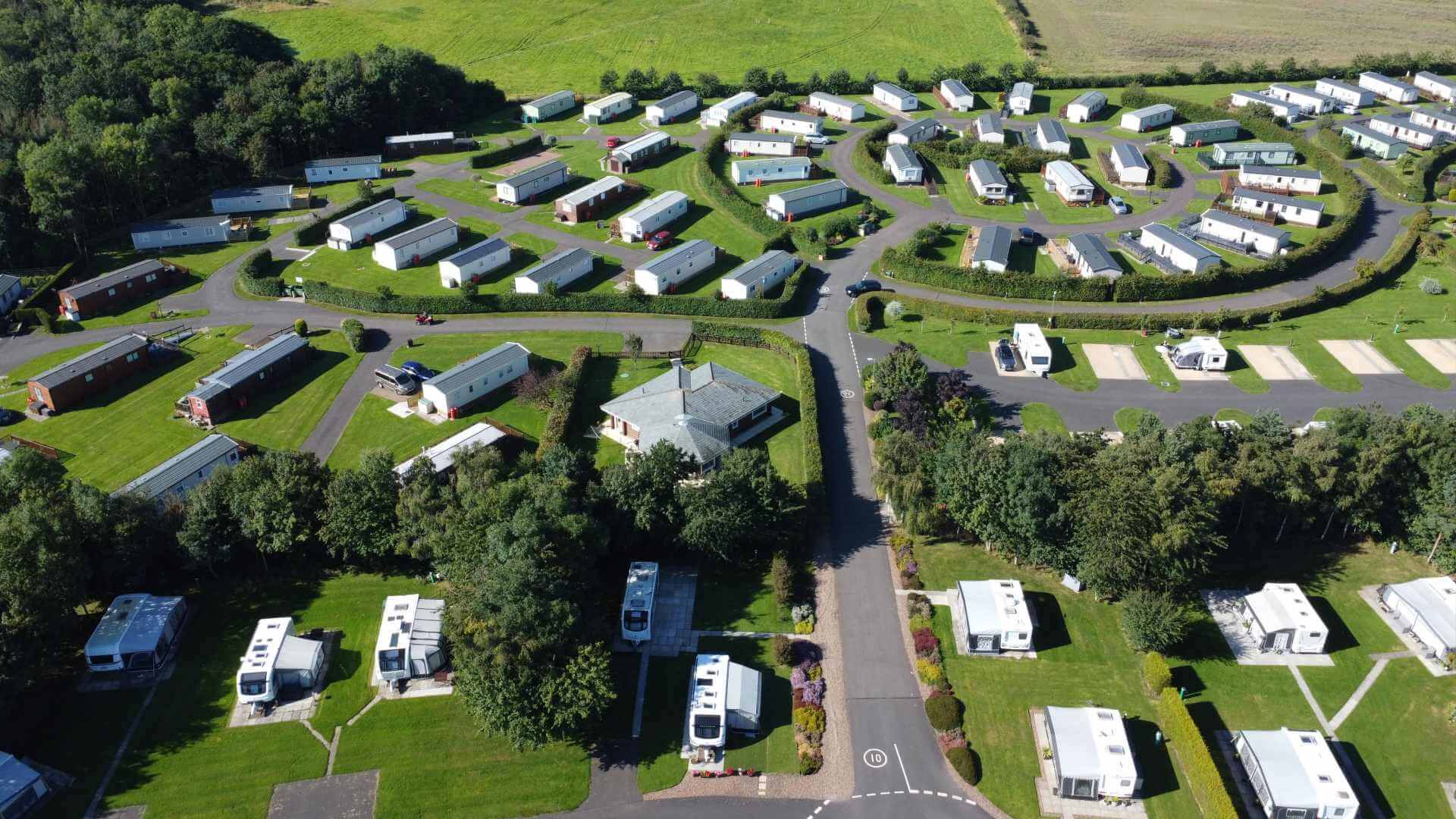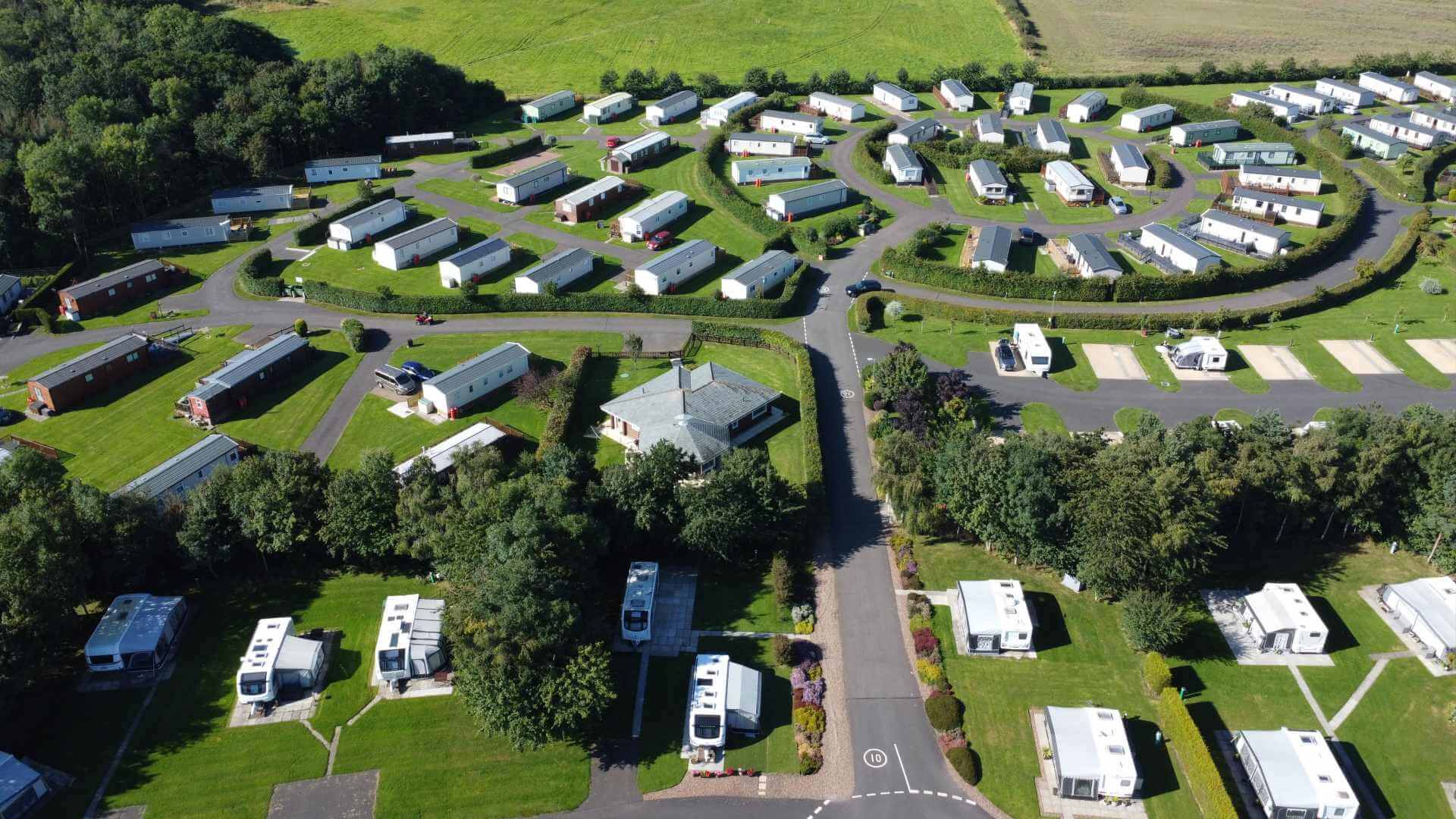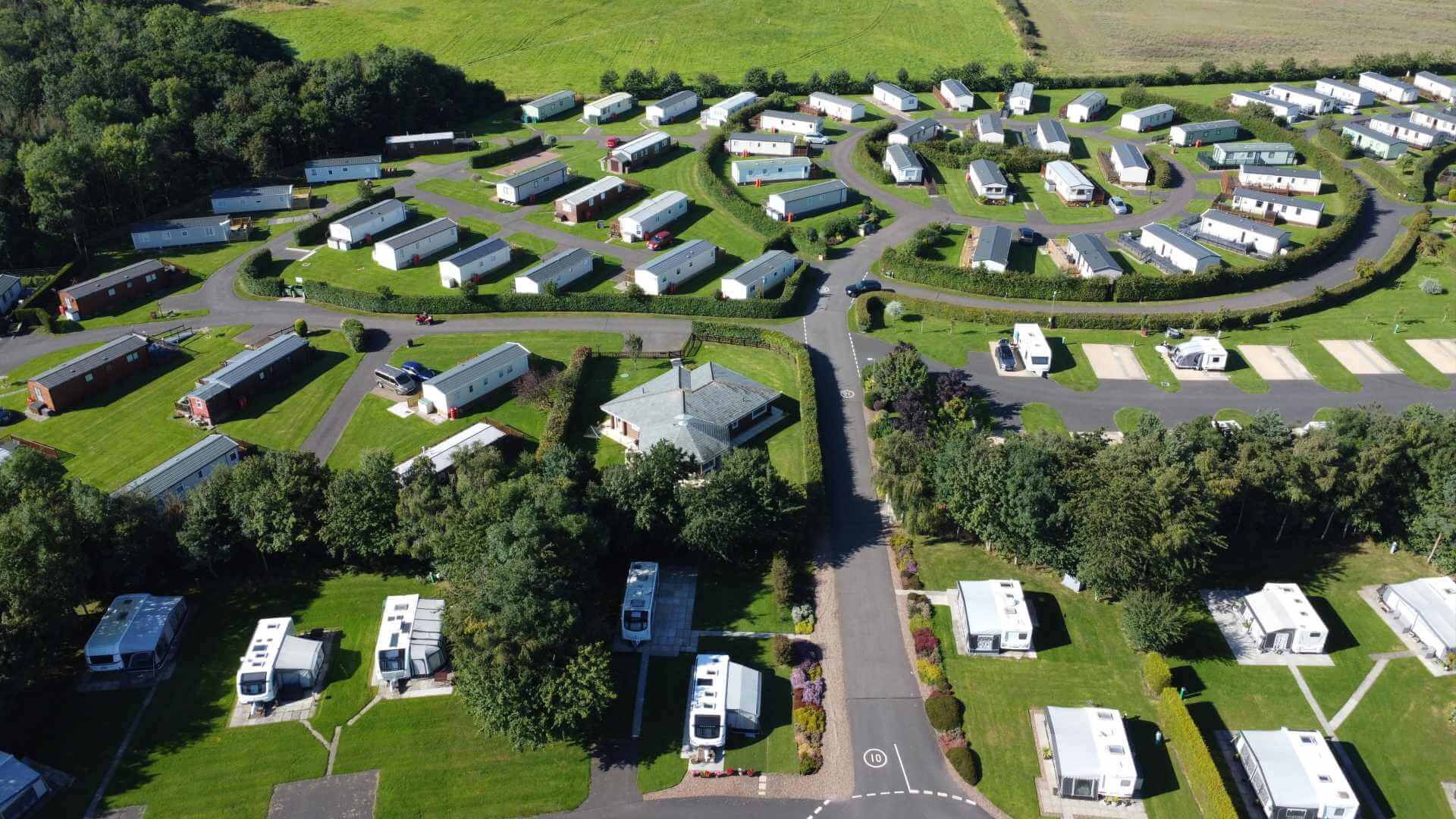Caravan parks and holiday parks face unique risks, with flooding being one of the most devastating threats to both business operations and …
Caravan Park Vehicle Insurance: Essential Coverage for Holiday Park Operations
Operating a caravan park involves managing various vehicles essential to daily operations, from maintenance trucks and cleaning vehicles to guest shuttle services and emergency response units. These specialized vehicles face unique risks in the caravan park environment, making comprehensive vehicle insurance coverage crucial for protecting your business operations and financial stability.
Understanding Caravan Park Vehicle Risks
Caravan park vehicles operate in a distinctive environment that presents specific challenges and risks. Unlike standard commercial vehicles, these vehicles frequently navigate narrow park roads, work around temporary structures, and interact closely with holidaymakers and their vehicles.
The seasonal nature of caravan park operations means vehicles may experience periods of intensive use followed by extended storage, creating unique maintenance and security challenges. Additionally, the mix of permanent and temporary residents creates a dynamic environment where vehicle incidents can occur more frequently than in typical commercial settings.
Types of Vehicles Requiring Coverage
Maintenance and Utility Vehicles
Caravan parks typically operate various maintenance vehicles including pickup trucks for general repairs, specialized vehicles for electrical and plumbing work, and utility vehicles for groundskeeping and waste management. These vehicles often carry expensive tools and equipment, requiring comprehensive coverage for both the vehicle and its contents.
Cleaning and Housekeeping Vehicles
Many parks operate dedicated cleaning vehicles that transport housekeeping staff and supplies between accommodation units. These vehicles may include modified vans with specialized storage for cleaning equipment and supplies, requiring coverage that accounts for their unique configuration and usage patterns.
Guest Service Vehicles
Some caravan parks provide shuttle services, mobility assistance vehicles, or emergency response vehicles for guest safety and convenience. These vehicles require specialized coverage due to their passenger-carrying capacity and the potential liability associated with transporting guests.
Security and Patrol Vehicles
Security patrol vehicles used for park monitoring and emergency response need coverage that accounts for their 24/7 operational requirements and the specialized equipment they may carry, including communication devices and emergency supplies.
Essential Coverage Components
Third Party Liability
This fundamental coverage protects against claims for injury or property damage caused to others by your park vehicles. Given the close proximity of guests and their property in caravan parks, adequate liability limits are essential to protect against potentially significant claims.
Comprehensive Physical Damage
Coverage for damage to your own vehicles from collision, theft, vandalism, or weather events is crucial. Caravan park vehicles may be particularly vulnerable to weather damage due to outdoor storage requirements and exposure during operations.
Tools and Equipment Coverage
Many caravan park vehicles carry specialized tools and equipment essential for maintenance operations. Separate coverage for these items ensures business continuity when theft or damage occurs, as replacement costs can be substantial.
Business Interruption Protection
When essential park vehicles are out of service due to covered incidents, business operations can be significantly impacted. This coverage helps compensate for lost revenue and additional expenses incurred while vehicles are being repaired or replaced.
Key Risk Factors
Seasonal Usage Patterns
The seasonal nature of caravan park operations creates unique insurance considerations. Vehicles may experience intensive use during peak holiday seasons, followed by extended periods of limited operation. Insurance policies should account for these usage patterns to ensure appropriate coverage levels throughout the year.
Driver Considerations
Caravan park vehicles may be operated by various staff members with different experience levels and driving records. Comprehensive driver screening and training programs can help reduce insurance costs and improve safety outcomes.
Storage and Security
Vehicle storage arrangements significantly impact insurance requirements and costs. Secure, covered storage reduces theft and weather-related risks, while outdoor parking may require additional coverage considerations.
Specialized Equipment and Modifications
Many caravan park vehicles require modifications or specialized equipment for their intended use. These modifications must be properly declared to insurers to ensure coverage remains valid and adequate.
Choosing the Right Insurance Provider
Industry Experience
Select insurers with specific experience in leisure and hospitality sector vehicle insurance. Providers familiar with caravan park operations better understand the unique risks and coverage requirements involved.
Coverage Flexibility
Look for insurers offering flexible policy terms that can accommodate seasonal variations in vehicle usage and the diverse range of vehicles typically operated by caravan parks.
Claims Service Quality
Efficient claims handling is crucial for minimizing business disruption when vehicle incidents occur. Research insurers' claims service reputation and response times before making coverage decisions.
Risk Management Support
Many insurers offer risk management resources and safety programs that can help reduce incidents and potentially lower insurance costs over time.
Cost Management Strategies
Fleet Management Approach
Consolidating all park vehicles under a single fleet policy often provides cost advantages compared to individual vehicle policies. Fleet arrangements may also offer simplified administration and consistent coverage terms.
Driver Training Programs
Implementing comprehensive driver training and safety programs can help reduce incidents and may qualify for insurance discounts. Regular training updates ensure drivers remain current with safety best practices.
Vehicle Maintenance Standards
Maintaining detailed maintenance records and implementing preventive maintenance programs demonstrates risk management commitment to insurers and may result in favorable pricing.
Security Measures
Installing vehicle security systems, implementing secure storage procedures, and maintaining detailed vehicle inventories can help reduce theft risks and associated insurance costs.
Regulatory Compliance Considerations
Operator Licensing
Ensure all drivers possess appropriate licenses for the vehicles they operate, including any specialized endorsements required for passenger-carrying or commercial operations.
Health and Safety Requirements
Compliance with health and safety regulations, including regular vehicle inspections and maintenance standards, is essential for maintaining insurance coverage validity.
Environmental Considerations
Some caravan park vehicles may require environmental liability coverage, particularly those involved in waste management or maintenance operations that could potentially cause environmental damage.
Claims Management Best Practices
Incident Response Procedures
Establish clear procedures for responding to vehicle incidents, including immediate safety measures, documentation requirements, and insurer notification protocols.
Documentation Standards
Maintain comprehensive records of vehicle maintenance, driver training, and incident reports. Detailed documentation supports efficient claims processing and demonstrates risk management commitment.
Communication Protocols
Develop clear communication procedures for notifying management, insurers, and relevant authorities following vehicle incidents. Prompt, accurate reporting helps ensure optimal claims outcomes.
Regular Policy Reviews
Annual Coverage Assessment
Conduct annual reviews of vehicle insurance coverage to ensure policies remain adequate for current operations and vehicle values. Business growth or operational changes may require coverage adjustments.
Market Comparison
Regularly compare insurance options to ensure competitive pricing and appropriate coverage levels. The insurance market evolves continuously, and periodic reviews help identify potential improvements.
Risk Assessment Updates
Update risk assessments regularly to account for changes in operations, vehicle fleet composition, or park facilities that may impact insurance requirements.
Conclusion
Comprehensive vehicle insurance is essential for caravan park operations, protecting against the unique risks associated with operating diverse vehicle fleets in dynamic holiday environments. By understanding the specific coverage requirements, implementing effective risk management strategies, and working with experienced insurers, caravan park operators can ensure adequate protection while managing insurance costs effectively.
The key to successful caravan park vehicle insurance lies in recognizing the specialized nature of these operations and selecting coverage that addresses the full range of risks involved. Regular policy reviews and proactive risk management help ensure continued protection as operations evolve and grow.
For expert guidance on caravan park vehicle insurance solutions tailored to your specific operational requirements, contact our specialist team at 0330 127 2333. Our experienced advisors understand the unique challenges facing caravan park operators and can help design comprehensive coverage that protects your business while supporting operational efficiency.


 0330 127 2333
0330 127 2333
